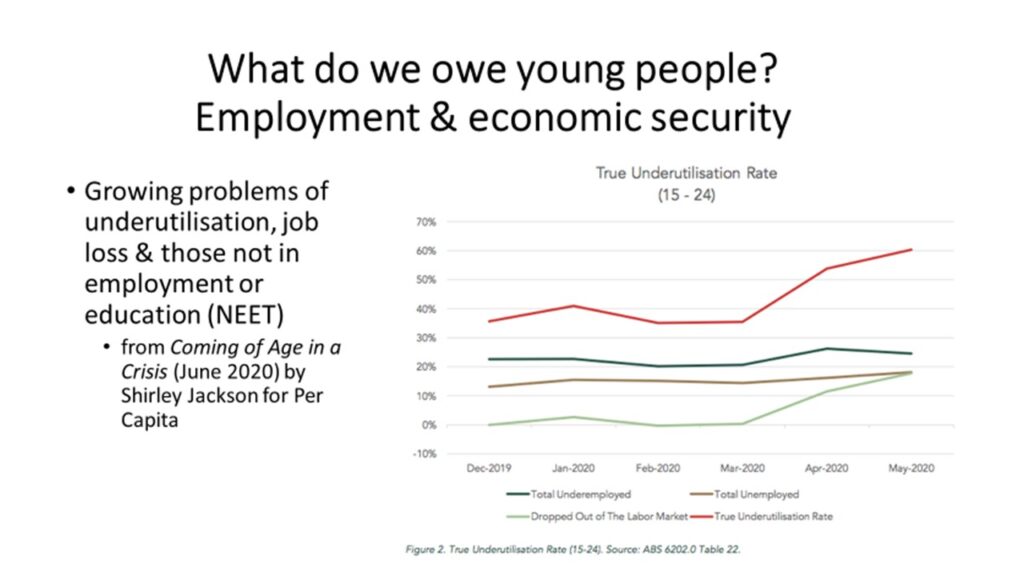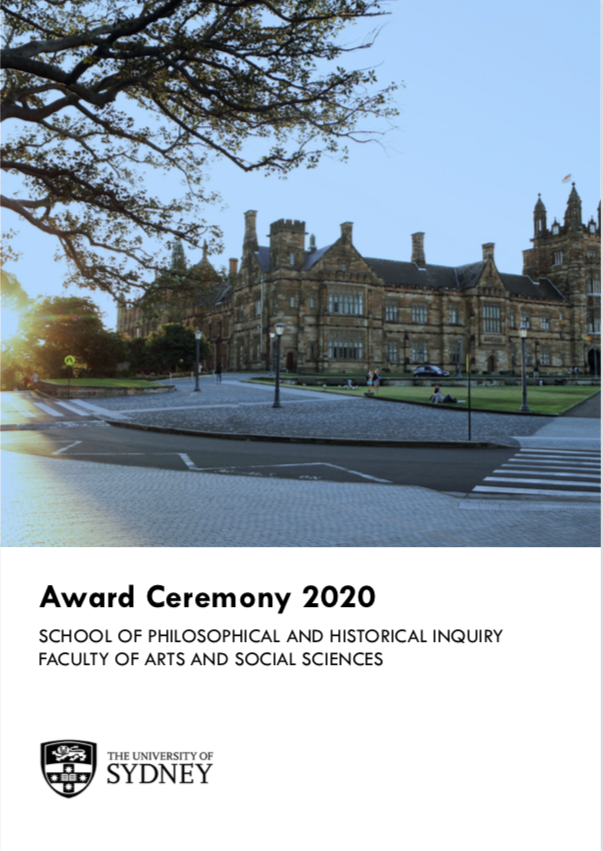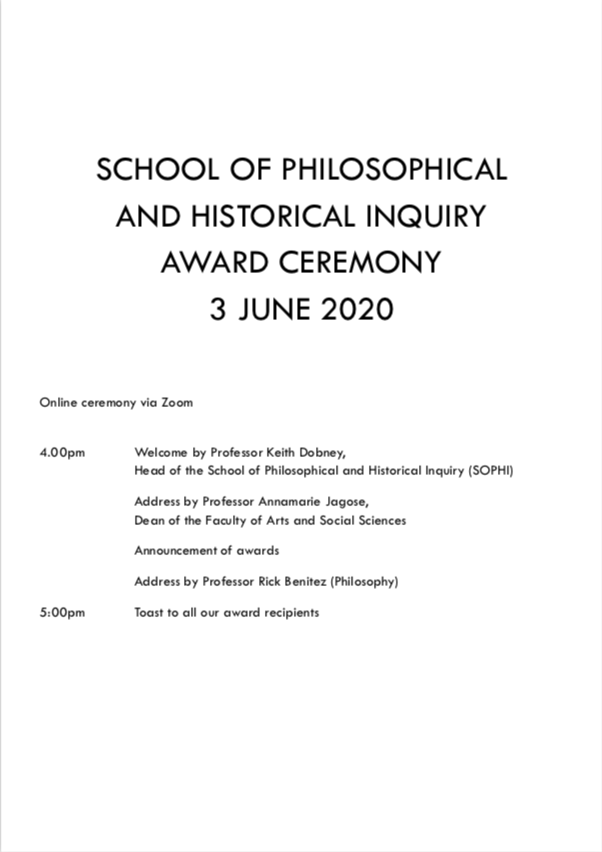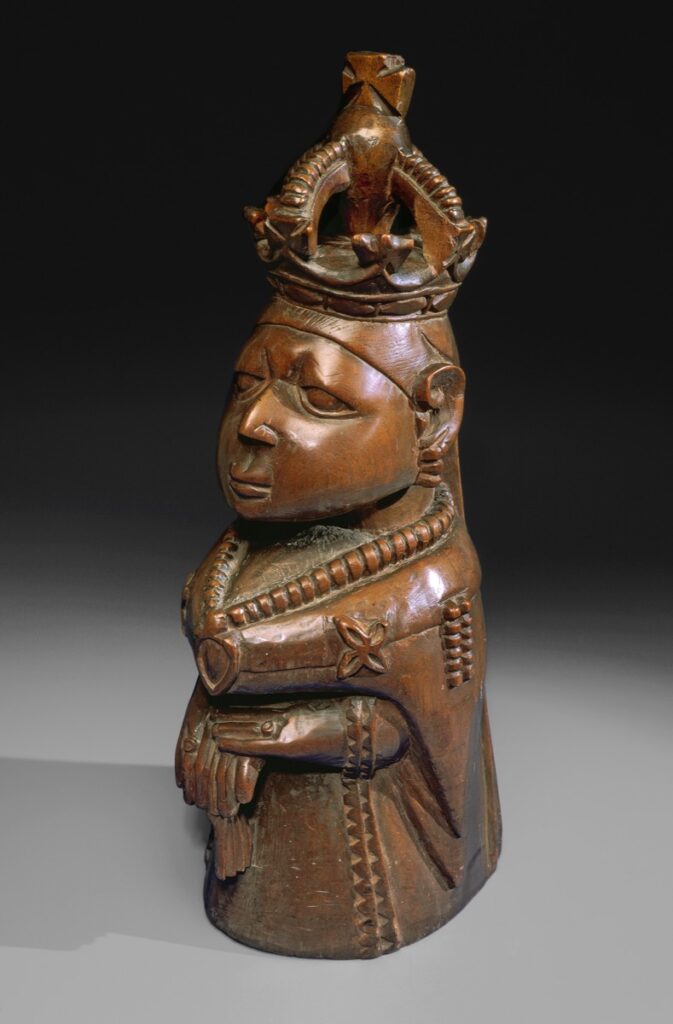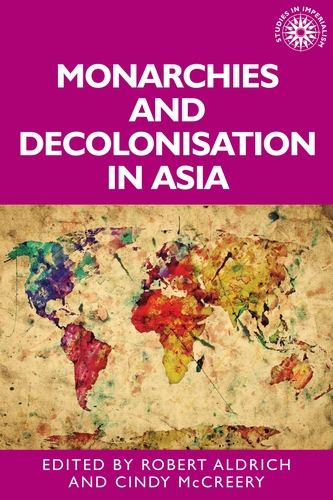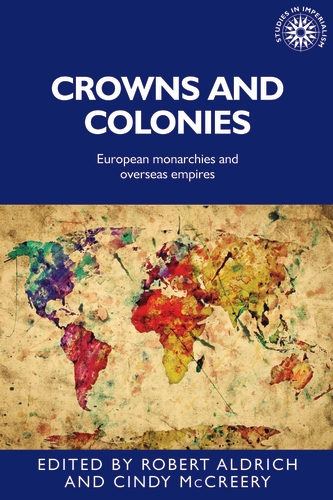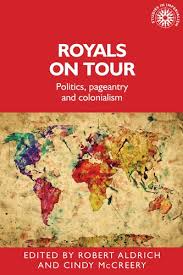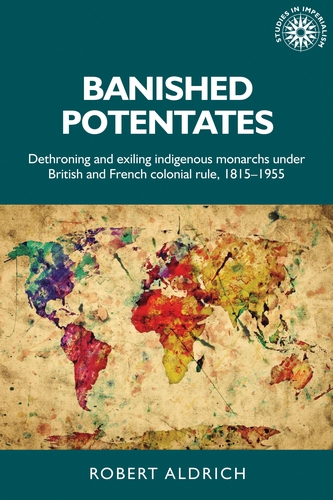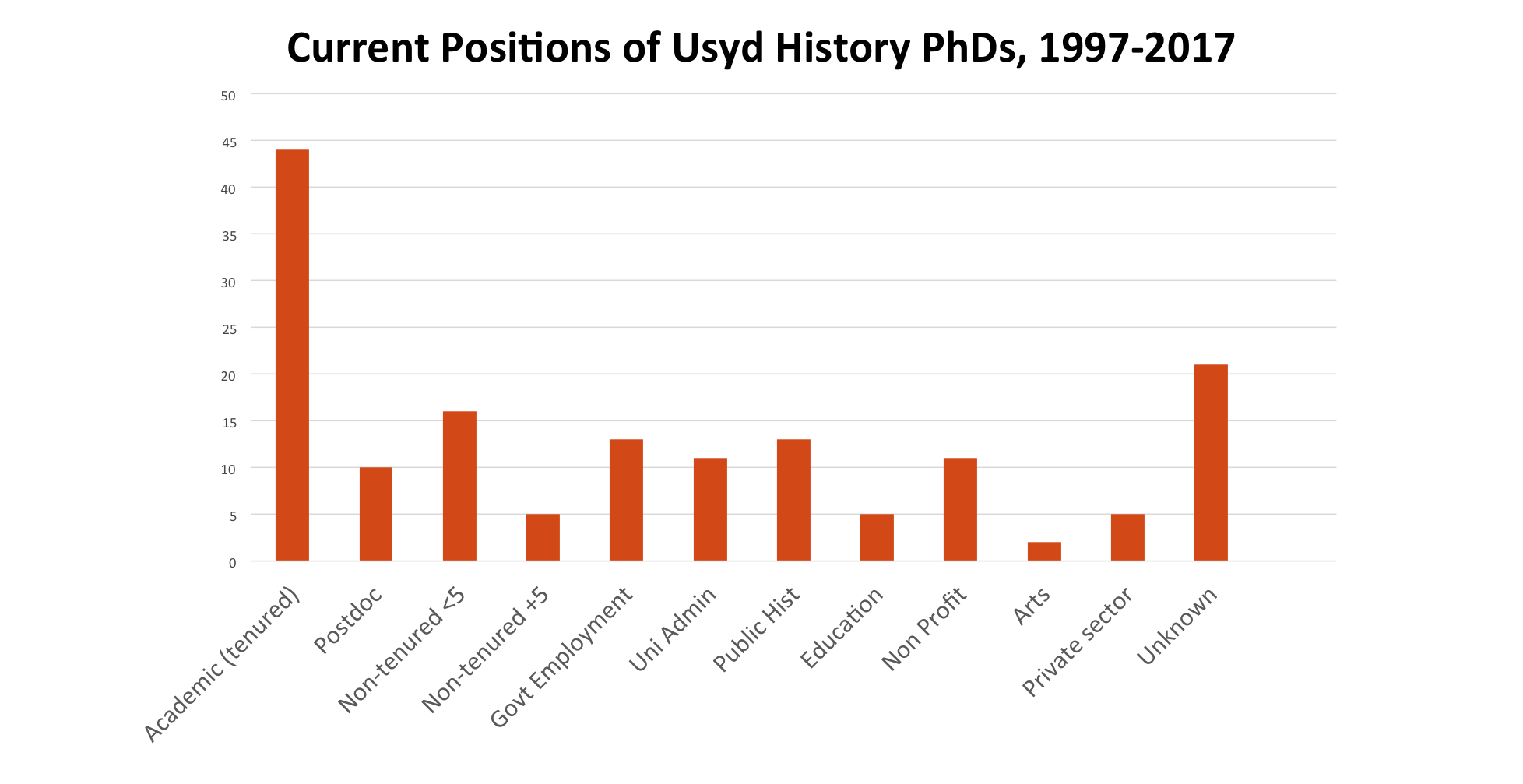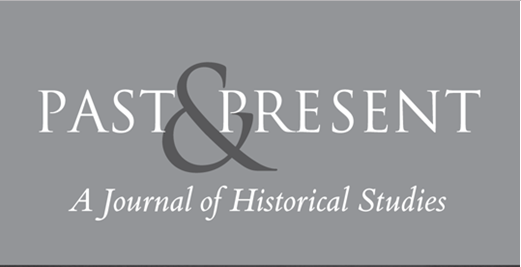In this blog entry, postgraduate coordinator Dr Frances Clarke reports on a new initiative, and a recent workshop, for our postgraduate community.
Many Paths Beyond the PhD
23 November 2017
During the six years that it took to finish my PhD I spent a good deal of my time in a state of mild panic over the idea that I was in my mid 30s and yet had no savings, no superannuation, a massive student loan debt, and not much hope of ever getting a tenured job. Believing—mistakenly, as it turned out—that academic employment was a pipe dream, I spent the six months after my dissertation defense reading a lot of self-help books about graduates who had retrained after the PhD or branched out into diverse fields.
It occurred to me in doing this reading that there was a world of choices I’d never considered—careers just as interesting and politically-fulfilling but potentially less competitive and stressful than a lectureship. Reading this work made me realize that my professors emphasized academic careers not because they were our only possible choices, but because these were the only jobs that most academics knew about. After all, most of us have gone straight from study to teaching without experiencing any other kind of workplace. We have no real idea what it would be like to work as a policy officer for the government, the curator of a museum, an archivist, or a documentary film maker.
But our former PhD students do have this knowledge, since they’ve gone on to all kinds of interesting careers. I discovered this fact while putting together some research on where our history graduates end up for our website. The results of this survey can be found here.
It turns out that our History PhD recipients are everywhere. They are the literary Director of the Melbourne Theatre Company; the Head of the Documentary Division at the Australian Film, TV, and Radio School in Canberra; the Executive Officer at the Historical Publications and Information Section at the Department of Foreign Affairs and Trade; the Director of the National Museum in Canberra and the City Historian of Sydney. They teach high school students, run archives and museums, administer universities, create policy, produce journalism, and manage small businesses.
Seeing the diverse ways our graduates put their training to use, it was apparent that one of the things we could do for our students is to introduce them to a range of careers, and do this while they were still completing their training, so that they could have these prospects in mind and hopefully even plan for them. It stood to reason that the best way to do this was to introduce them to former grad students who had once been in their shoes and gone into the workforce.
For our inaugural “Many Paths Beyond the PhD” day, we invited four USyd history alumni to campus to talk about their jobs:
• Dave Trudinger, Director of Energy and Climate Change, Resources & Land Use Branch in the NSW Government’s Department of Premier and Cabinet.
• Emma Dortins, Cultural Heritage Researcher at the Office of Environment & Heritage, NSW
• Richard Lehane, Archivist at State Records Office, NSW.
• Nerida Campbell, Curator, Police and Justice Museum, NSW.
I asked our speakers to describe their career trajectory and talk about how their background in history informed their current role, as well as to give advice to students who might want to consider a job in their areas.
None of the jobs sounded at all how I’d pictured them. Dave, for instance, talked about his work for the NSW government as primarily involving “packaging and presenting information” – sourcing data quickly and efficiently on a whole range of topics for use in a wide variety of ways. Nimbleness and flexibility were clearly essential in his role—and, indeed, in all of the jobs that the four speakers described, since the one thing they had in common was the necessity of dealing with a rapidly changing environment, a diversity of opinions, and a plethora of different tasks.
Emma described her work in managing the state heritage register as encompassing not just questions of what sites to preserve but also dealing with all the intersecting interests that went into such decisions as well as managing a team of staff. In contrast, Richard, working at the State Archives, described spending most of his days deciding what to destroy rather than what to keep, while also noting that archival staff were engaged in activities ranging from the conservation and digitization to curating displays and assessing collections.
For most of us, Nerida’s job was perhaps the easiest to visualize initially, since her role involves telling stories and extracting meaning from objects in ways that are common to all historical work and recognizable to anyone who has ever visited a museum. Yet she explained that even this seemingly straightforward objective requires considerable flexibility since her main dilemma is in finding ways to bring history to life that can appeal simultaneously to a ten-year-old and a retiree and to people from every conceivable walk of life.
One of the most powerful things to come out of the session was simply a sense of expanded possibility. Within the university sector there is constant crisis talk: declining budgets, rampant managerialism, expanding academic workloads, a contracting ‘job market’ for postgraduates. But here were four people with jobs that were interesting and challenging, all using history in various ways.
It reminded me of a piece that I’d read in American Historical Association’s newsletter Perspectives a few years back, which argued that academics’ discussions of a ‘job market crisis’ were overly parochial. Employment in history-related fields has actually been expanding in recent times as local, state, and federal governments pour funding into various history-related activities. It is only our narrow fixation on academic jobs that has prevented us from seeing this trend. In passing on this anxious vision to our students, we leave them with the message that we value only the narrowest range of possibilities for using history, which is simply not the case.
Interestingly, all of our four speakers had been involved in recruiting or hiring, so they had a range of useful advice about ways candidates could prepare for jobs in their fields, or prepare for job interviews.
One of the speakers suggested that all history-related employment required “core competencies.” They suggested that students look at job listings and see what competencies were requested, and then think about ways they could demonstrate proficiency in such areas. Jobs in public history, for instance, typically require the ability to talk to diverse audiences. Anyone wanting to move into this area might thus want to think about publishing in different kinds of venues or giving talks to different kinds of audiences in order to demonstrate such expansiveness.
Similarly, they might think about how to make use of the fact that they are at a large, well-funded research institution, willing to provide them with additional training. Pondering the kinds of training that might prove useful to employers (in statistical analysis, spreadsheets, data management, or digital technology, for instance), they might seek out such training, or ask for it to be provided.
Offering proof of competencies or abilities was another important point that came up. As one of the speakers noted, it’s insufficient for a job candidate to simply refer to their acquisition of particular skills; the candidate has to prove their claim. Stating that one can communicate to broad audiences, for instance, becomes much more credible if accompanied by a statement along the lines of: “I wrote for such and such a website/blog/etc. which is read by such and such an audience, measured in such and such ways.”
And in terms of applying for jobs, everyone emphasized the importance of background research. Nerida said that applicants should call the contact person on a job advertisement and ask about all the different elements of a role. They should make sure that they have questions to ask at the end of the interview. And they should understand something about the institution or culture into which you’re applying to work. Dave advised, for instance, that if the job is with a government department, the applicant should find out what the relevant minister has recently been saying.
Likewise, Nerida noted that anyone looking for a job in a particular museum should go there and see the space – not least because it’s become common to ask applicants for such jobs to come up with a creative proposal for a particular object, with the aim of seeing how well the candidate can think about diverse audiences and communicate ideas. A smart candidate would think not just about the space and the audience, but also try to link their plan to the institution’s own mission (strategic plans and mission statements are especially useful reading when you’re looking for a job).
How to find a job or get some experience in different fields understandably came up numerous times. One of the speakers suggested that postgrads might consider giving their CVs to an executive recruiter such as Charter House or Chandler McCloud. These agencies can sometimes find you casual or fixed-term work in particular areas so that you can get a taste for different kinds of employment.
Richard stressed that there may well be additional training that’s required after the PhD for certain jobs, such as in his field of archival management. For anyone interested in this area, there are online degrees in archival management and graduate programs through the National Library.
But the best way to know if an archive might be your ideal working environment is to go to the regular branch meetings of the Australian Society of Archivists
In a similar way, Nerida said that anyone interested in jobs in museums or public history would do well to go to conferences and meetings of Museums Australia, the main national association for the museums and galleries sector, or simply to attend talks at the State Library, particularly when given by archivists or curators, and make connections with people.
Finally, a couple of more concrete issues came out of the day. Richard promised to take us on a tour the stacks at the NSW archive while giving us an insiders’ view of archival management (excursion!) And several speakers noted the importance of linking one’s topic to broader themes, questions, or fields as well as thinking about the production of a thesis in terms of “project management.”
Both of these ideas, and several of the ones above, will become useful in the professionalisation seminar that the department will run next semester (and hopefully from then on). We’re intending this seminar as a way to help postgraduate students conceptualise their training, break down the discrete parts of what they do, and be able to talk about these to non-academic audiences, and generally claim the expertise and authority that comes from the completion of a history doctorate.

Police and Justice Museum, Sydney, NSW


